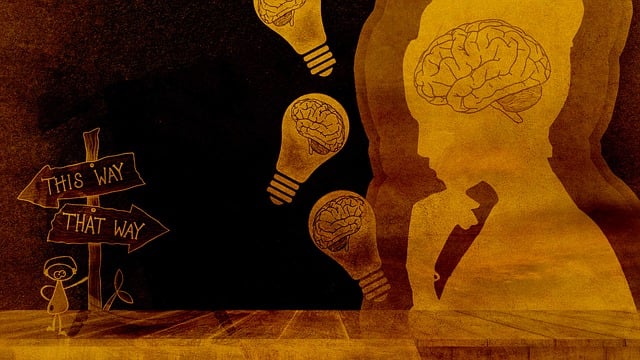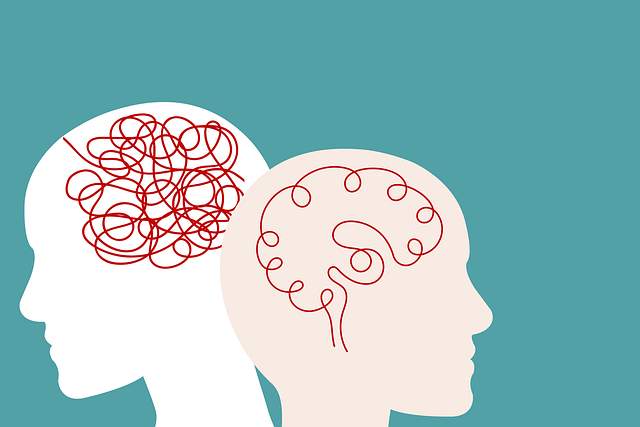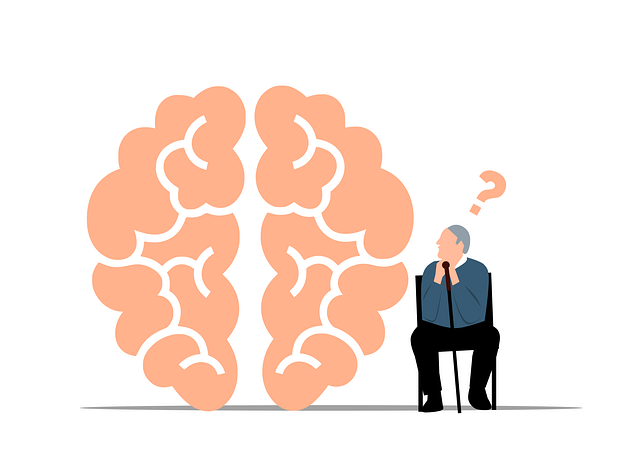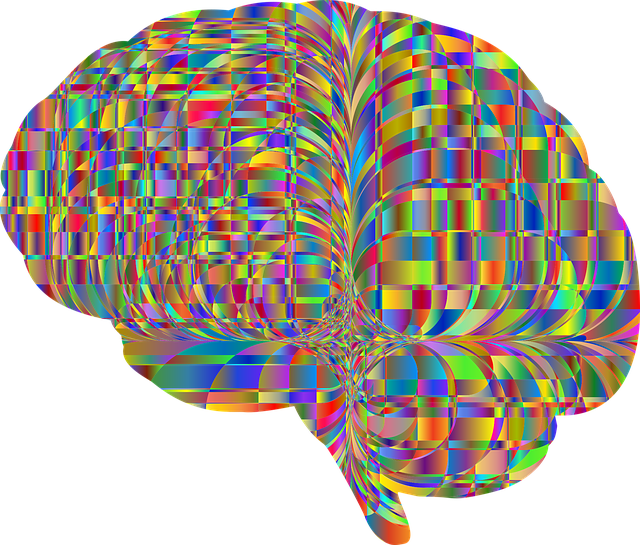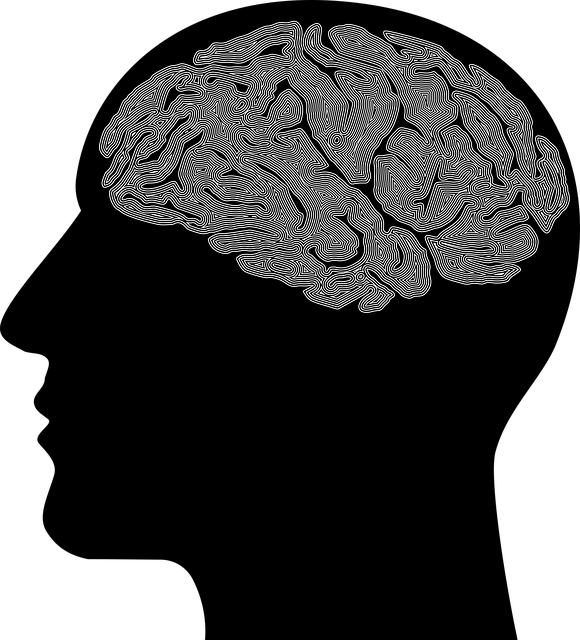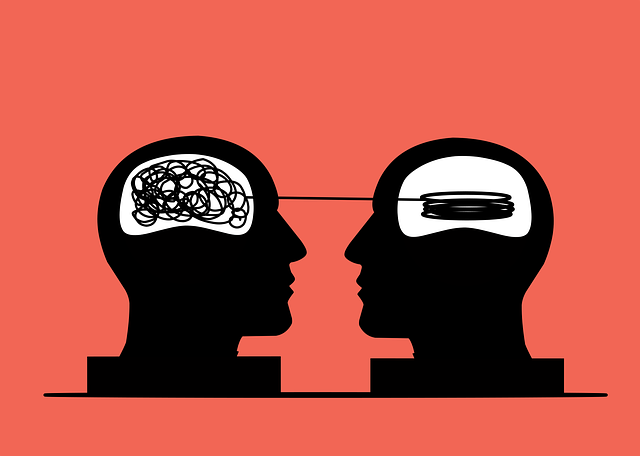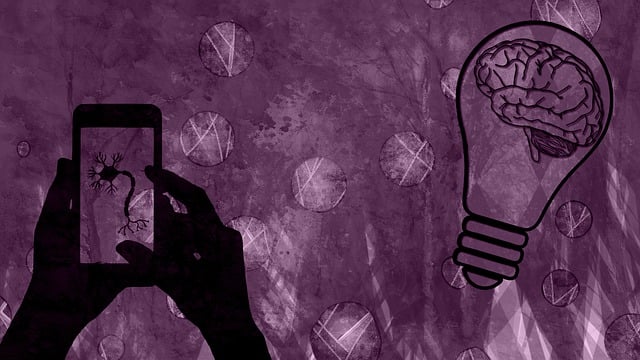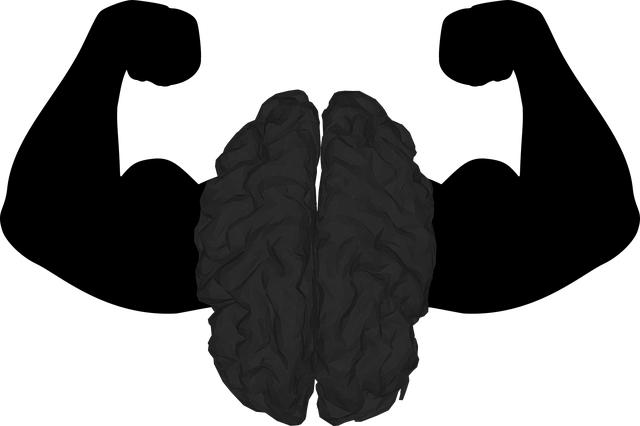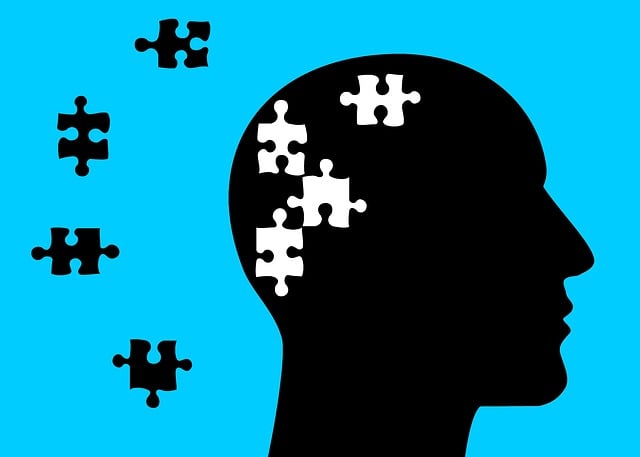Understanding ADD-ADHD beyond stereotypes is crucial for providing Superior ADD-ADHD Therapy. Mental wellness professionals dispel myths through educational resources, empowering individuals with management strategies and advocacy skills. Diagnosis involves expert evaluation of symptoms, history, and daily functioning to tailor care. Holistic superior ADD-ADHD therapy combines behavioral therapies like CBT, mindfulness practices, and more to improve focus, impulse control, and overall well-being.
Mental illness, specifically Attention Deficit Disorder (ADD) and ADHD, is a complex condition that often goes undiagnosed or misconstrued. This article navigates the intricacies of recognizing and treating ADD-ADHD effectively. We’ll explore the diagnosis process, providing a comprehensive guide for better understanding and managing the condition. Furthermore, we delve into superior therapeutic options, emphasizing innovative approaches that can transform lives. By embracing evidence-based strategies, individuals with ADD-ADHD can unlock their full potential.
- Understanding ADD-ADHD: Unveiling the Complexities and Misconceptions
- The Diagnosis Process: A Comprehensive Guide for Effective Navigation
- Therapeutic Options: Exploring Superior ADD-ADHD Treatment Approaches
Understanding ADD-ADHD: Unveiling the Complexities and Misconceptions

ADD-ADHD, or Attention Deficit Hyperactivity Disorder, is a complex neurodevelopmental condition often misunderstood by the general public. Beyond the common stereotypes of hyperactivity and impulsivity, ADD-ADHD encompasses a wide range of symptoms that affect each individual uniquely. This complexity makes diagnosis intricate, as manifestations can vary greatly from person to person, even within the same family.
The journey towards superior ADD-ADHD therapy involves demystifying these misconceptions and tailoring treatments accordingly. Through the Mental Wellness Podcast Series Production, professionals can share their expertise, offer valuable insights, and educate listeners on effective strategies for managing symptoms. By addressing common myths, such as the belief that ADD-ADHD is merely a lack of willpower or that it only affects children, we can foster better understanding and support for those navigating this mental wellness challenge. Conflict resolution techniques, learned through these educational resources, can empower individuals to advocate for their needs and seek appropriate interventions.
The Diagnosis Process: A Comprehensive Guide for Effective Navigation

The process of diagnosing mental illness is a meticulous journey that requires careful navigation and expert guidance. It involves a comprehensive evaluation where mental health professionals meticulously assess an individual’s symptoms, medical history, and overall well-being. This initial step is pivotal in differentiating between various disorders, as each has distinct characteristics and treatment requirements. The assessment typically includes detailed discussions about daily functioning, emotional states, and any relevant traumas or stressors, offering a holistic view of the patient’s mental health landscape.
Effective diagnosis navigation ensures that individuals receive appropriate care tailored to their unique needs. Superior ADD-ADHD therapy, for instance, focuses on identifying subtle differences in brain function and behavior, providing targeted interventions for attention-deficit/hyperactivity disorder. Additionally, crisis intervention guidance is crucial during acute episodes, helping to stabilize patients and mitigate risks. Mood management strategies and comprehensive risk assessments are integral parts of this process, enabling mental health professionals to create individualized treatment plans that may include therapy, medication, or a combination of both, fostering effective recovery and improved quality of life.
Therapeutic Options: Exploring Superior ADD-ADHD Treatment Approaches

When it comes to treating Attention Deficit Hyperactivity Disorder (ADHD) or Attention Deficit Disorder (ADD), exploring superior ADD-ADHD therapy options is paramount for effective management and improved quality of life. Beyond traditional medication, a multifaceted approach incorporating various therapeutic modalities can significantly enhance outcomes. Behavioral therapies, such as cognitive-behavioral therapy (CBT), teach individuals coping strategies to manage symptoms, improve focus, and boost emotional regulation. These techniques not only target the core symptoms but also promote resilience building and burnout prevention, fostering better overall emotional well-being.
Additionally, integrated approaches combining psychotherapy with mindfulness practices have proven effective. Mindfulness-based interventions help individuals cultivate present-moment awareness, enhance focus, and develop strategies to manage impulsive behaviors. By addressing underlying emotional challenges and promoting self-acceptance, these superior ADD-ADHD therapy methods empower individuals to lead more balanced and fulfilling lives.
Navigating mental health care can be a complex journey, especially for those dealing with ADD/ADHD. By understanding the nuances of the condition and employing effective diagnostic strategies, individuals can access tailored therapeutic options. This article has explored comprehensive guides to unraveling ADD/ADHD complexities and provided insights into superior therapy approaches. Remember, with the right support and resources, managing and overcoming ADHD is achievable, paving the way for a brighter and more fulfilling future.
